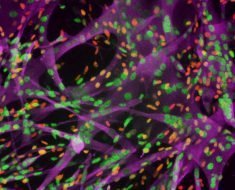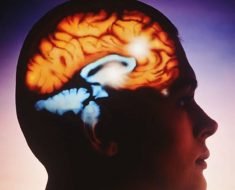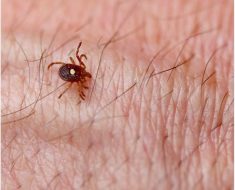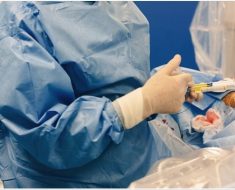New treatments for kidney diseases and inherited kidney disorders could result from new research that is revolutionising the way human kidney tissue is grown from stem cells.
Growing tissue using ‘induced pluripotent stem cells’ (iPSCs) is work led by Associate Professor Alan Davidson (Head of the Department of Molecular Medicine and Pathology) in the University of Auckland’s School of Medical Sciences.
“iPSCs can be coaxed to mature into any of the approximately 200 cell types in the body, making them attractive sources of unlimited human tissue for bioengineering, disease modelling and drug development approaches,” he says.
“And in recent years, this technology has advanced to the point that small 3D organs known as organoids can be grown in the laboratory from iPSCs. However, while a number of methods have been developed to generate kidney organoids, these have been hampered by high cost, technical complexity and low yields.”
To overcome this, Dr Davidson and his colleagues have discovered a way to generate thousands of small kidney organoids from human iPSCs at low-cost but with high efficiency. This new method enables kidney cells to be generated in the bulk quantities needed for drug development and for the future bioengineering of replacement kidneys where large quantities of renal cells are needed in order to be clinically useful.
As a result, Dr Davidson’s approach will greatly advance the use of human kidney organoids to study kidney disorders.
This work began around five years ago and included the PhD studies of Dr Aneta Przepiorski.
Now that kidney tissue can be made cost-effectively in unlimited quantities, Dr Davidson and his group will focus on using kidney organoids to find new treatments for renal disorders such as acute kidney injury, fibrosis and inherited conditions such as cystinosis.
Source: Read Full Article





